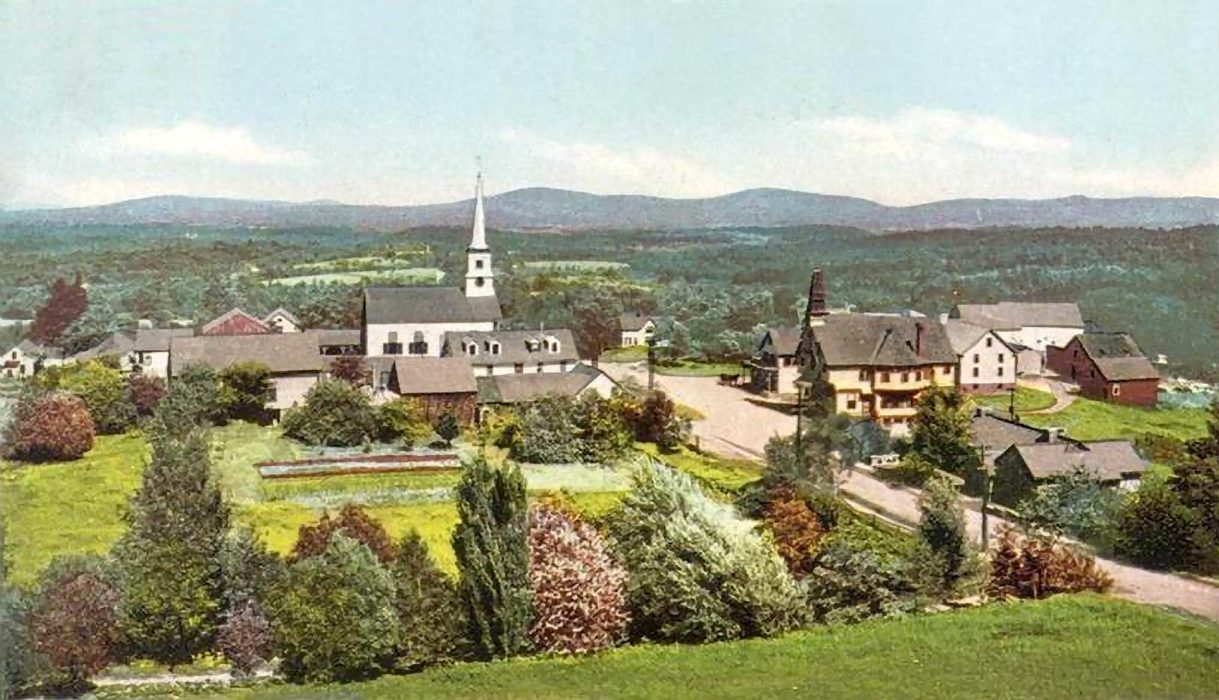Beginning today we will publish short editorial pieces each Saturday, which will discuss the important themes that are emerging in our coverage of ‘Abdu’l-Bahá’s journey through America. We’ll also share with you some of the challenges of covering history one hundred years later, and will explore what that history might mean today.
IT IS A FUNDAMENTALLY different task to write feature stories about ‘Abdu’l-Bahá in Dublin, New Hampshire, than it is to reconstruct life in New York, Washington, or Chicago. Only about 500 people lived in Dublin in 1912. Like many summer destinations, the population swelled during the sunny months, but it remained a small country village. While many newspapers covered the goings-on in the big metropolitan areas, and many of ‘Abdu’l-Bahá’s speeches there were written down, in Dublin there are very few sources to mine.
In Dublin it is ‘Abdu’l-Bahá’s interactions with the unique characters who lived there in the summer of 1912 that comprise the most interesting aspects of the story. We have met some of these families already in the last two days: the Parsons, the Joseph Lindon Smiths, the Brushes, and the Thayers. They were not national figures. Some possessed extreme wealth; others were artists with compelling personal histories.
During our research for these three weeks in Dublin we were surprised by how many currents of thought, emblematic of the times, reached into this tiny village. The artists here, whom we will meet, did not merely paint beautiful images or write beautiful sentences. They constructed a view of human nature that we may consider to be controversial or retrograde today, but that wrestled with the outlooks of the age, whether Eugenics, Orientalism, Positivism, or Late Transcendentalism. These viewpoints were central to the conversations ‘Abdu’l-Bahá encountered among intelligent people in 1912. As we shall see in the days to come, they reveal a different side of America.






